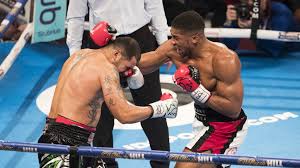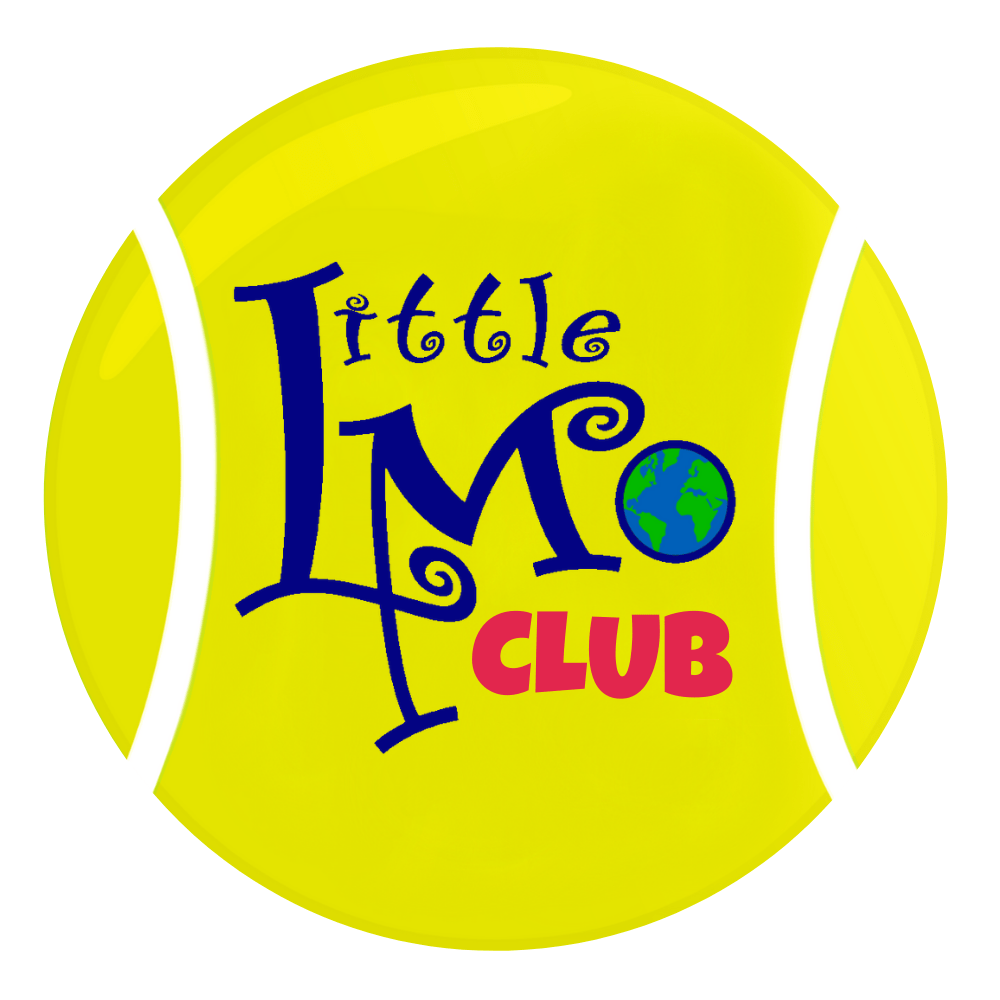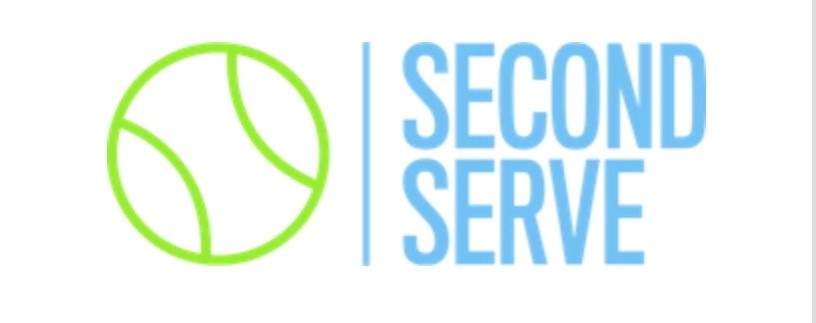What I’ve learnt from junior tennis: Avoid the knockouts

The following article is the fourth in the series by Paul K. Ainsworth, a Tennis Parent in the UK (click here to go to his blog) and author of six education books who has given me permission to reprint the series here. Click here to follow him on Twitter.
Do you ever wonder what is it that makes children stop competing in tennis? You might look around at tournament fields in the second year of under 12’s or in under 14s and think where are all those children who used to enter competitions. You might be the parent of a younger child who is being asked to play up in AEGON under 12s or 14s and again wonder were have the older players all gone.
There are many reasons why children stop competing; different children will have stopped for a range of reasons. I think one of the key reasons is having played too many tight matches as eventually children can just lose the resilience.
Last week one of the major sporting events of the year was the World Heavy weight title fight between the young prince, Anthony Joshua, and the aging lion, Wladimir Klitschko. We all know the result, that Joshua stopped Klitschko in round 11 with a barrage of blows. However, what was most surprising was how competitive Klitschko was at the age of 41.
I think the key to this was that whilst Klitschko has fought 64 times and lost five times, he has not been in too many ‘wars’, fights where the two combatants had fought toe to toe. He has also been well managed in that his fights have been spread out over the years.
The result of this careful management is that Klitschko has not lost his resilience and as we saw last Saturday he could give an excellent account of himself against a much younger man.
In the world of junior tennis, I think as parents we have to try and guard our children from too many very tight losses. These are the equivalent of the toe to toe slug fests. I think the match a child loses 4-0, 4-1 does not have a massive impact on the child. Instead those two-hour matches with the result of 5-4,3-5, 12-10, those are the ones that really affect your child and too many can make them not want to compete.
So if your child is the type of player who has lots of tight matches, perhaps the advice is not to play as many competitions as the child who either wins or loses easily does. It’s the not the number of matches they play, instead it’s the number of wars they have, which really have the long-term impact on a child.













Comments are currently disabled for this post